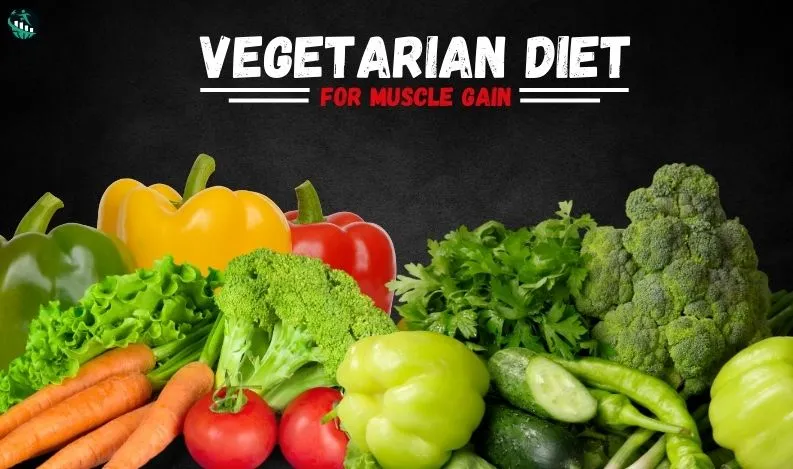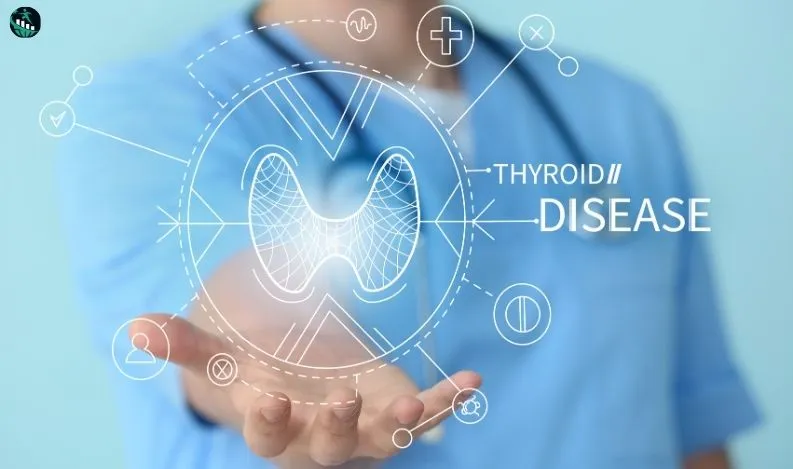
The Ultimate Guide to Building Muscle on a Vegetarian Diet
Embarking on a muscle-building journey often conjures images of protein shakes and steak dinners. Yet, the tides are changing, and the vegetarian lifestyle is emerging as a powerful ally in the quest for peak physical fitness. This guide is designed to illuminate the path for vegetarians who aspire to gain muscle, debunking myths and arming you with science-backed strategies and nutrition insights.
The Science of Muscle Growth
Muscle growth, or hypertrophy, is stimulated by resistance training that causes micro-tears in muscle fibers, which then repair and grow stronger. Nutrition plays a pivotal role in this repair process, providing the building blocks for muscle recovery and growth.
Protein: The Muscle Builder
Protein's role in muscle repair is well-documented, but vegetarians must navigate a landscape where traditional protein sources like meat are not an option. We'll explore high-quality vegetarian proteins, such as quinoa, chia seeds, and various soy products, each offering a unique amino acid profile essential for muscle repair. The concept of protein combining will be demystified, showcasing how to obtain a complete amino acid profile through plant-based foods.
Carbohydrates: The Energy Source
The importance of carbohydrates extends beyond mere energy provision; they play a crucial role in muscle recovery and growth. This section will explore the best sources of complex carbohydrates, such as sweet potatoes, oats, and whole grains, which provide sustained energy and are packed with fiber and micronutrients.
Fats: The Unsung Hero
Fats are often misunderstood in the context of a muscle-building diet. This segment will highlight the critical role of healthy fats in optimizing hormonal health and facilitating muscle growth. We'll explore sources like flaxseeds, walnuts, and avocados, emphasizing the importance of omega-3 and omega-6 fatty acids in a balanced vegetarian diet.
Micronutrients and Hydration
The micronutrients often overlooked in diet discussions are vital for muscle function and overall health. This section will cover the importance of iron, zinc, calcium, and magnesium, outlining vegetarian sources such as lentils, tofu, nuts, and leafy greens. Additionally, the role of hydration in muscle function and recovery will be emphasized, highlighting the often-overlooked link between water intake and muscle health.
A Detailed Vegetarian Muscle-Building Diet Plan
Building muscle requires not just consistent training but also the right nutrition. Here's a sample day's meal plan packed with protein, complex carbohydrates, healthy fats, and essential micronutrients to fuel your muscle growth on a vegetarian diet.
Breakfast: Protein-Packed Smoothie Bowl
● 1 scoop plant-based protein powder (pea, hemp, or rice protein)
● 1 cup spinach
● 1/2 cup mixed berries (blueberries, strawberries, etc.)
● 1 tablespoon chia seeds
● 1 tablespoon almond butter
● 1 cup almond milk
● Toppings: sliced banana, granola, and a sprinkle of hemp seeds
Mid-Morning Snack: Nutty Banana Yogurt
● 1 cup Greek yogurt or plant-based alternative
● 1 small sliced banana
● 2 tablespoons mixed nuts (almonds, walnuts, or cashews)
● A drizzle of honey or maple syrup (optional)
Lunch: Quinoa and Black Bean Salad
● 1 cup cooked quinoa
● 1/2 cup black beans
● 1/2 cup diced tomatoes
● 1/2 cup diced cucumbers
● 1/4 cup diced red onions
● 1/4 cup chopped cilantro
● Dressing: Lemon juice, olive oil, salt, and pepper
Afternoon Snack: Hummus and Veggie Sticks
● 1/4 cup hummus
● Carrot sticks, cucumber sticks, and bell pepper slices for dipping
Dinner: Tofu Stir-Fry
● 200g firm tofu, pressed and cubed
● 1 cup broccoli florets
● 1/2 cup sliced bell peppers
● 1/2 cup snap peas
● 1/4 cup sliced carrots
● 2 tablespoons soy sauce or tamari
● 1 tablespoon sesame oil
● 1 teaspoon grated ginger
● 1 clove garlic, minced
● Serve over 1 cup of brown rice or whole grain of your choice
Evening Snack: Cottage Cheese or Plant-Based Alternative with Pineapple
● 1/2 cup cottage cheese or a plant-based creamy alternative
● 1/2 cup diced pineapple
This meal plan is designed to provide a balanced intake of proteins, carbohydrates, and fats, along with essential vitamins and minerals, to support muscle growth and recovery. Feel free to adjust portion sizes and food choices based on your individual nutritional needs and preferences.
A Sample Vegetarian Muscle-Building Meal Plan
A practical, day-long meal plan will demonstrate how to incorporate diverse vegetarian foods into a muscle-building regimen. This plan will include nutrient-dense meals and snacks designed to meet caloric and macronutrient needs, with options for pre- and post-workout nutrition to optimize performance and recovery.
Supplementing Your Diet
While a well-rounded vegetarian diet can fulfill most nutritional needs, specific supplements can address common deficiencies. This section will guide the selection of supplements like B12, iron, omega-3, and plant-based protein powders, ensuring they complement rather than replace whole food sources.
Overcoming Common Vegetarian Diet Challenges
This final section will address common challenges such as achieving sufficient protein intake, managing calorie density, and ensuring variety in a vegetarian diet. Practical tips and strategies will be provided to help vegetarians navigate these challenges, including meal prep ideas, snack suggestions, and how to listen to your body's unique needs.
Conclusion
The journey to building muscle as a vegetarian is rich with potential. With the right knowledge and tools, vegetarians can achieve their fitness goals without compromising their dietary principles. This guide aims to empower you with a deep understanding of vegetarian nutrition and practical strategies to build muscle effectively.
Also Read:-








Recent Comments: